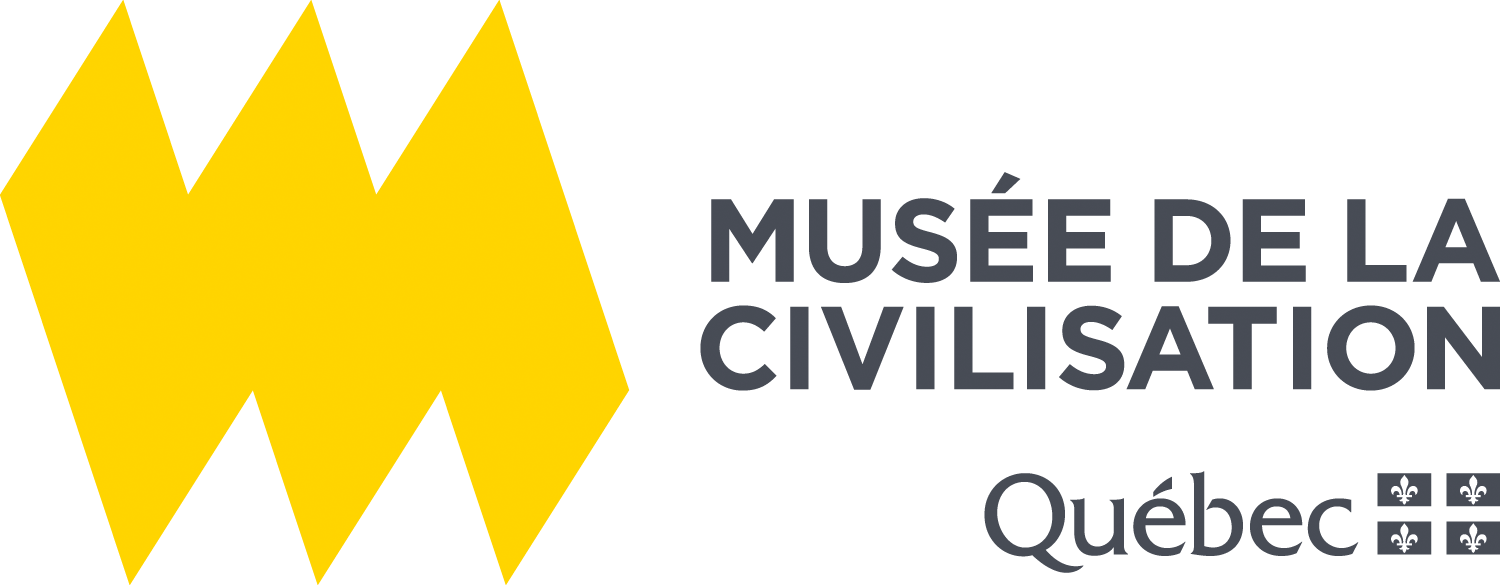Governance is the way a society chooses to manage their communities; it is also how the roles and responsibilities of each person are defined.
Since the First Peoples and Europeans didn’t have the same values or the same vision of the world, their ways of governing were also different. For example, the Aboriginal people believed that the territory did not belong to anyone: everyone took what they needed from it. National territories existed, but the rules ensured that the land was shared. On the other hand, the Europeans felt that land had to be divided into sections with boundaries, so that everyone had one piece of land and did not use other people’s pieces of land. These two very different ways of occupying land have led to misunderstanding and conflicts.
Today, the Aboriginal people and the governments of Quebec and Canada are still looking for ways to agree on governance. Aboriginal people would like their leaders to be able to speak directly with governments about land management, on issues such as using natural resources like mines, rivers and forests. Currently, governments are consulting Aboriginal people, but they do not necessarily go along with their ideas.

